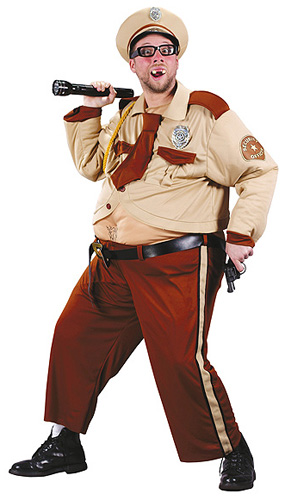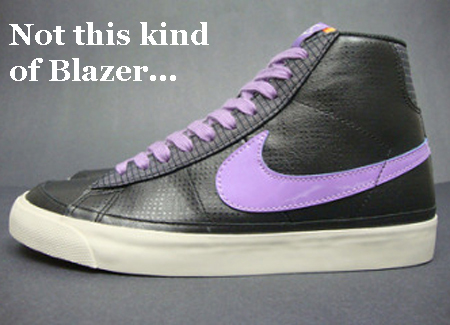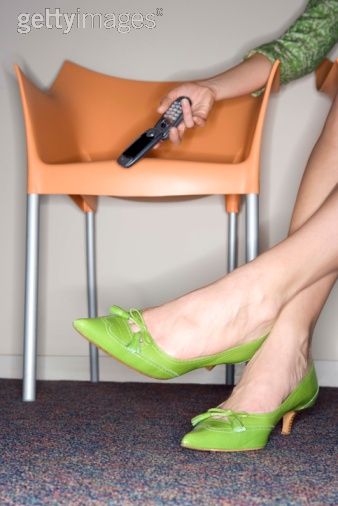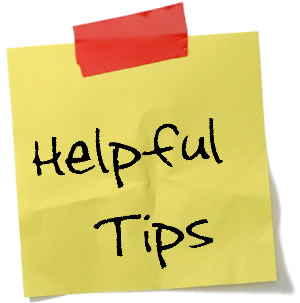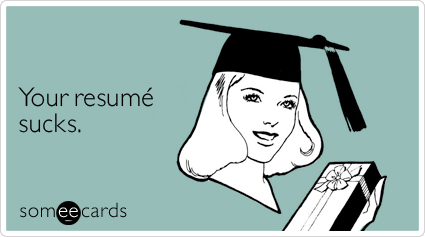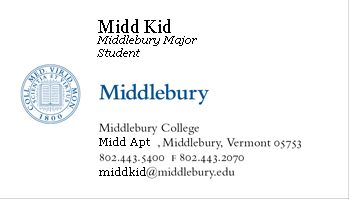
SENIORS SENIORS SENIORS!
For those of you who have an interview at ECCD NY this Friday, here is a short summary of the “prep” sheet you all received from our very own T.Funk (which I’m sure you have all read…)
BIG THINGS
1. Be there 30 minutes before your first interview.
2. Wear your professional suit.
3. Theresa Funk will be there, so don’t freak out. Tyler Lovas and I will also be attending so latch onto us if you need to scream a little.
4. Good luck!
How does this Work?
1. All interviews will take place in one room and will last for 30 minutes each.
2. You must check in at the registration table when you arrive on site.
3. There will be a waiting room for those not interviewing; there will also be a row of chairs “named” for each employer for the students “on deck” to interview (5 minutes prior to interview).
4. Employers will come out of the interview area and greet you at the appropriate chair in the “on deck” area.
5. If you have back-to-back interviews, you will be asked to return to the “on deck” area for the next interview.
6. You should ask for a business card from your interviewer to send a thank-you note after the event.
What to Bring:
1. Picture ID: Student ID or Driver’s License/Passport.
2. Notebook: Very useful for note-taking, collecting business cards, carrying cash/credit cards, and of course, looking professional. You can get one of these professional Middlebury notebooks at the bookstore.
3. Resume (multiple copies!) and maybe even a copy of your unofficial transcript.
4. Cash…for food and transportation NOT bribery.
5. Homework/Reading material…leave your playboy at home.
What to Wear:
1. A suit (duh!), dress socks/stockings, comfortable, yet professional shoes.
2. A watch…or your cell phone, but remember to TURN IT OFF during your interviews.
What NOT to Wear:
1. Heavy perfume/cologne. You do not want to give your employers a headache this early on.
2. Excessive makeup. More appropriate to let your inner beauty shine.
3. Distracting jewelry.
Any questions? Swing by the Career Services. We have drop-in hours from 2-5pm.
Also, you can friend Tyler Lovas on facebook.


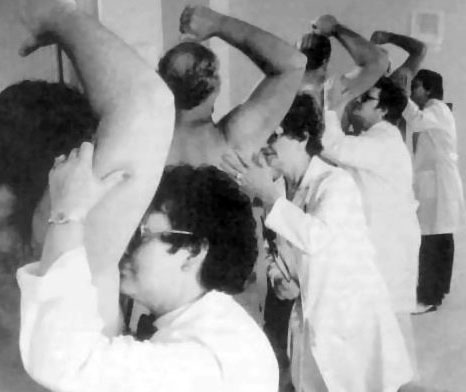

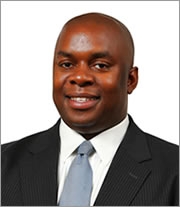

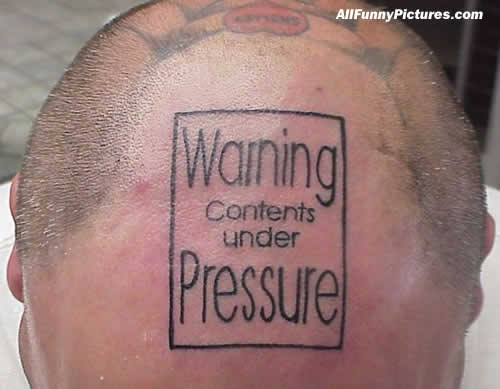

.jpg)










